Shifting my Methodology : Reflection #1 on Researching Gender Affirming Care

It’s officially the last week of the Laidlaw program! But for me, it’s around the halfway point of the summer. I feel very lucky to be able to stay at Barnard until the beginning of August to continue exploring my research question: what does it mean to transition? Through interviewing biomedical, holistic/alternative healing, and spiritual providers, I hope to understand how they guide individuals through gender transitions and what this illuminates about constructions of gender within various medical and spiritual systems.
A lot has shifted over the past month. I began this project hoping to speak with Hijra gurus to understand the process of becoming a Hijra, and through this, to learn more about this community’s spiritual understanding of gender. After a few weeks of unsuccessfully trying to virtually connect with various Hijra community organizations across South Asia, I found myself back at the drawing board.
Looking back, I am realizing how much my revised methodology has been informed by connecting with those around me. In a conversation with the outreach coordinator of a gender clinic in my hometown, I learned about various LGBTQ+ medical directories full of providers passionate about supporting queer folks through gender transitions. I went down another rabbit hole after one of our (delicious!) weekly Laidlaw lunches, when one of my friends showed me an instagram account they follow about transherbalism. A discussion with one of the Barnard librarians led me to a group of Rabbis creating gender transition blessings. Watching the people around me tap into their personal experiences and interests as I discussed my project with them, I found myself once again taking stock of my own experiences to find inspiration as well, leading me to reach out to Ayurvedic providers and Hindu pundits.
At this point, I’m not entirely sure what the through line will be across all of these providers. But I know that across these unique approaches to gender affirming care, each one of them is dedicated to supporting individuals as they navigate their gender identity and plays a key role in helping individuals “perform” their gender, as Judith Butler puts it.
I know that through the process of my interviews, coding, and analysis, I will learn more about the underlying processes behind how these providers help construct and produce the gendered and sexed body. It is scary going into these interviews, not knowing what my final results will be. But it is also incredibly exciting, knowing that over the next few weeks, my understanding of this question will deepen in so many unpredictable ways.
I had my first interview with a Swami last week and will be speaking with a psychologist and an herbalist this week. I’m excited to shift into the next phase of my research and begin coding my data. I’m sure I will run into more moments that require me to pivot, but I know that my community will be here to brainstorm and troubleshoot alongside me.
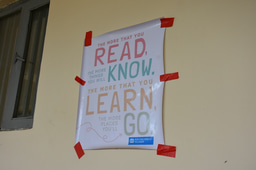
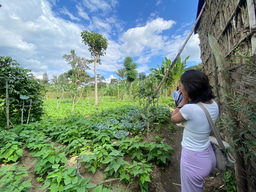
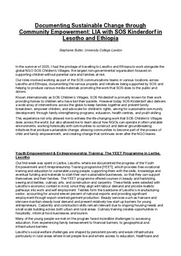
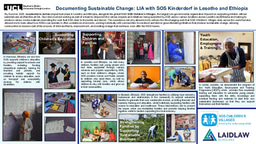
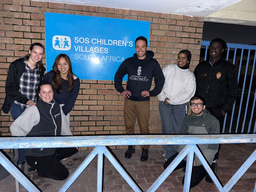
Please sign in
If you are a registered user on Laidlaw Scholars Network, please sign in